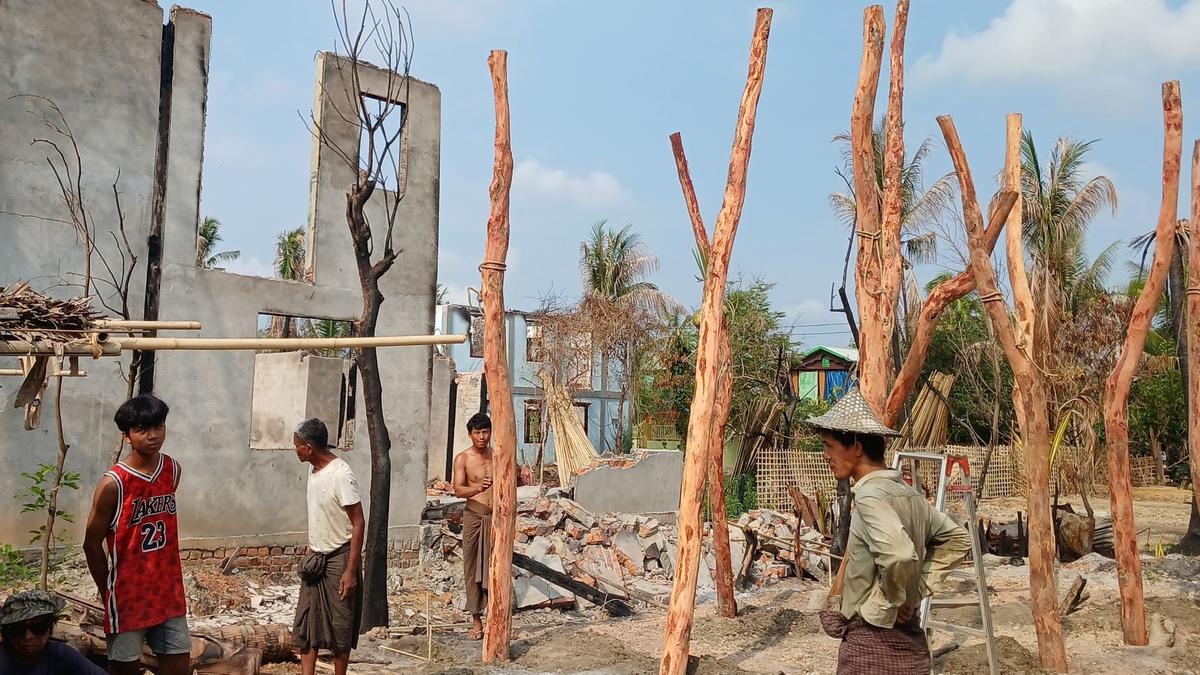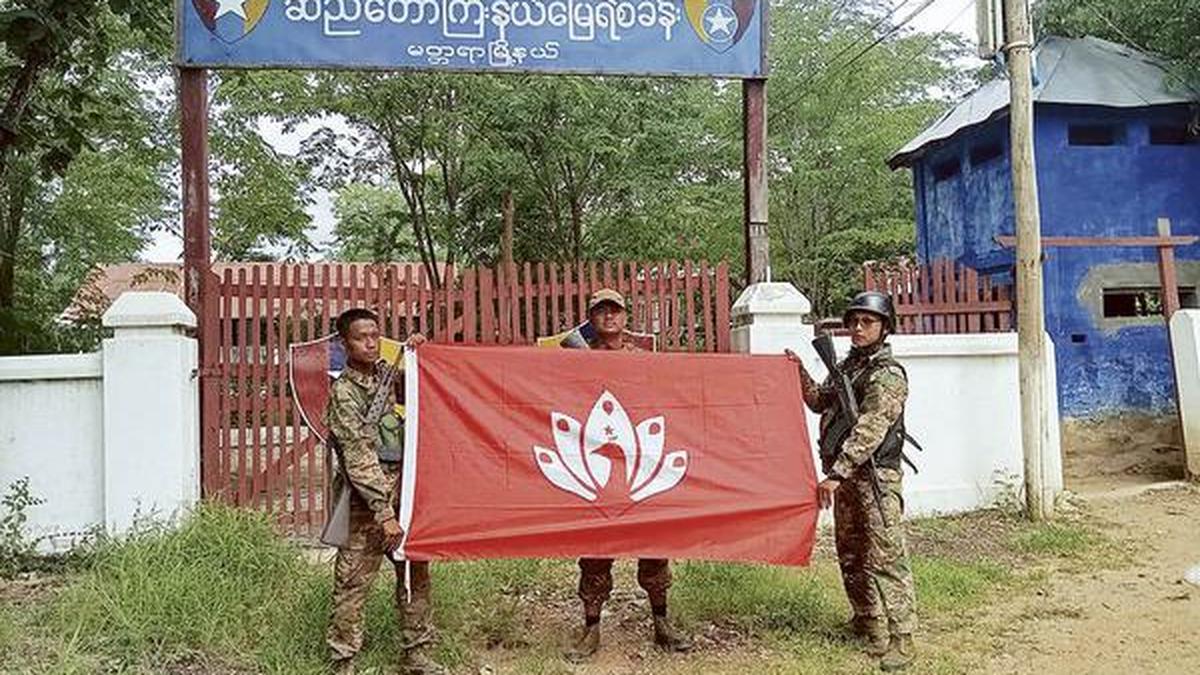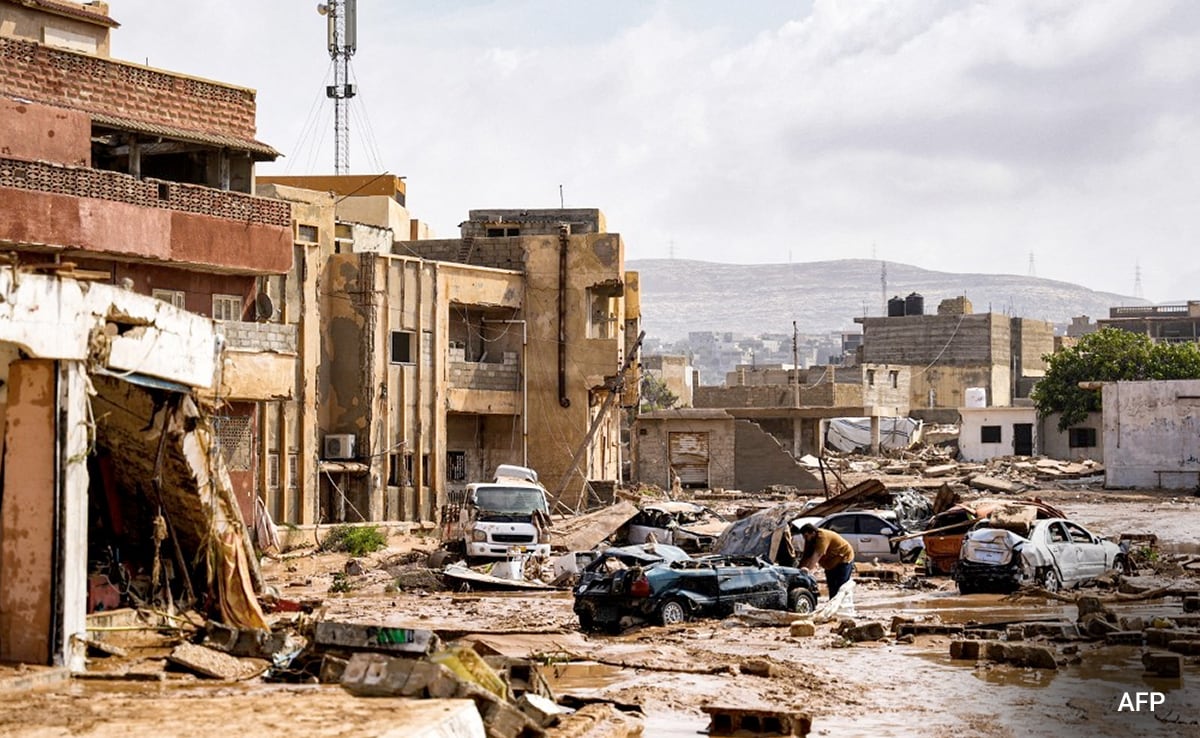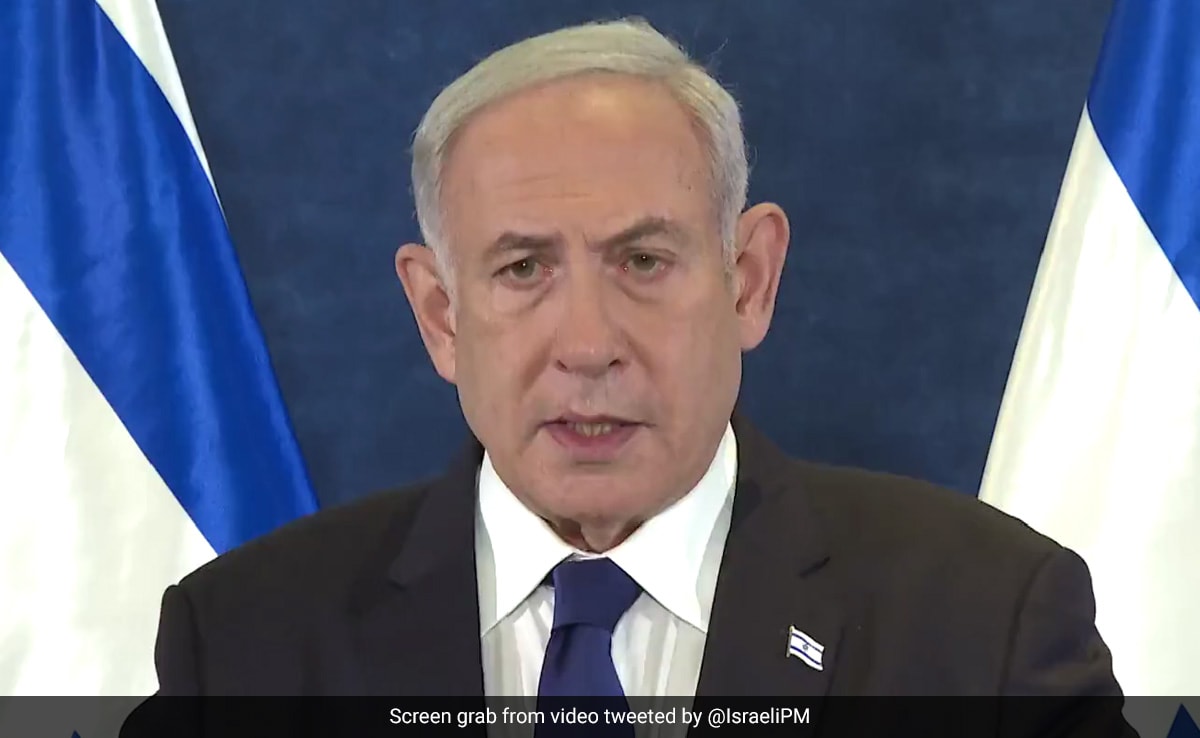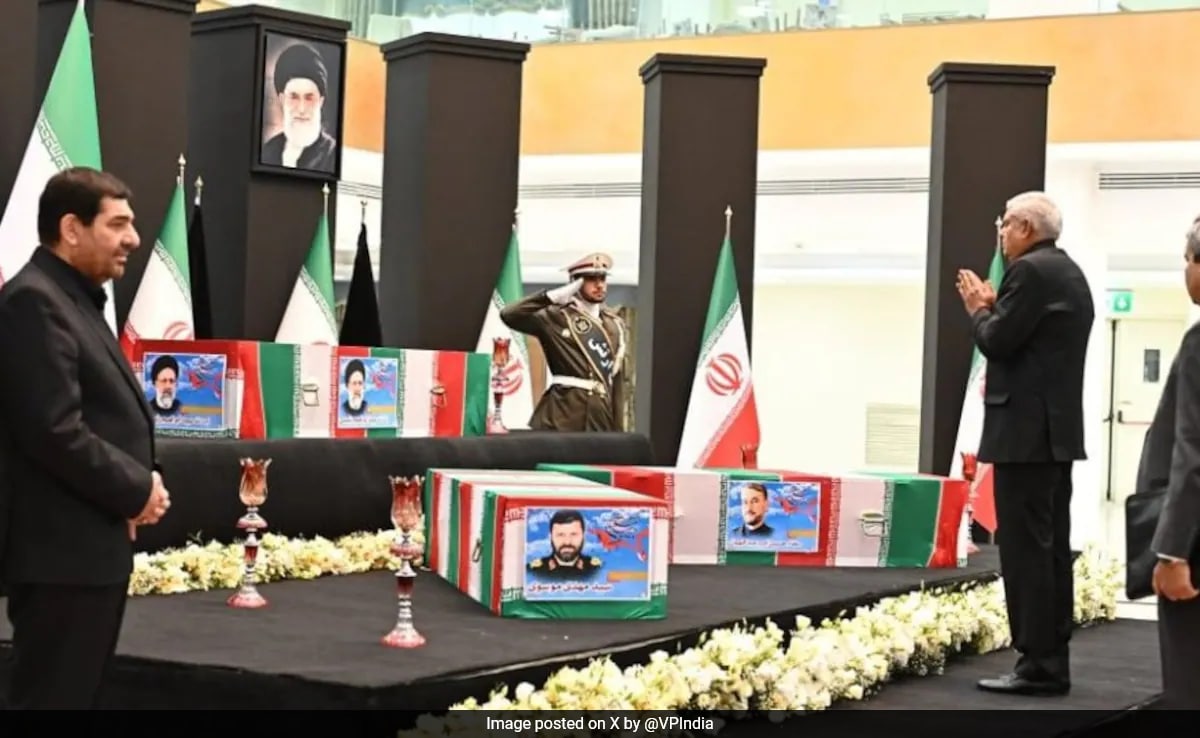One of Myanmar’s most powerful ethnic minority groups battling the military government said it captured an airport serving the country’s top world-class beach resort, marking the first time resistance forces have seized such a facility.
Residents of the area in the southern part of the western state of Rakhine, along with local media, also reported the seizure of Thandwe Airport, also known as Ma Zin Airport, about 260 kilometers (160 miles) northwest of Yangon, Myanmar’s biggest city.
It’s the latest major setback for the military government that took power in 2021 after ousting the elected government of Aung San Suu Kyi. Armed resistance to military rule is taking place in much of the country, led by pro-democracy militants as well as guerrilla groups affiliated with ethnic minorities.
The violence in Myanmar has caused international concern, with its military widely condemned for the disproportionate use of deadly force to try to quash its opponents. Critics of the military have urged the international community to impose ever-stronger sanctions to restrain its use of force.
The Arakan Army said in a statement on the Telegram messaging app on Sunday night that it had recovered the bodies of more than 400 soldiers from the recent fighting in the area, as well as a cache of ammunition. The Associated Press could not independently verify the claims by the group, which in the past have been disputed.
The seizure of the airport, one of six in Rakhine, would appear to open the way for the rebels to seize Rakhine’s coastal region, even as they consolidates control over much of the northern part of the state.
The Arakan Army is the military wing of the Buddhist Rakhine ethnic group in Rakhine state, where they are the majority and seek autonomy from Myanmar’s central government. It has recently also called itself the Arakha Army.
Since November last year, the group has been on the offensive and has gained control of nine of 17 townships, along with one in neighboring Chin state. It is also part of an armed ethnic alliance that launched an offensive last October and gained strategic territory in the country’s northeast on the border with China.
Ngapali, a 7-kilometer (4-mile) long beach on the Bay of Bengal, had been getting attention from international tourism but development stalled due to COVID-19 pandemic and the conflict that followed the army takeover.
Since April, sporadic fighting in nearby villages halted flights to the airport, which serves the beach resort, and most of the 46 hotels and guest houses were shut down.
A Ngapali hotel executive who had recently escaped the area told The Associated Press on Monday his staff had fled the property.
A travel agent in Thandwe, about 5 kilometers (3 miles) east of Ngapali, told the AP that she had heard the sound of the fighting coming from outside of the town, but the situation inside was quiet with no guerrillas in the immediate vicinity.
Both spoke on condition of anonymity because of fear for their safety.
Western nations including the United States have imposed economic and diplomatic sanctions on Myanmar’s military leaders and businesses and their cronies in response to what they see as serious human rights violations including usurping democracy.
The military’s critics urge stronger measures, especially blocking the supply of jet fuel to Myanmar, to try to limit its use of air power, which has been frequently employed and often causes civilian casualties. Many countries honor such an embargo, but there are no measures to force others to do so.
The human rights group Amnesty International on Monday issued a report documenting “new shipments of aviation fuel to Myanmar despite global calls to deprive the country’s military of the resources it needs to carry out unlawful air strikes.”
It said the evasive means by which Myanmar obtains the fuel involve convoluted supply chains to make it hard to trace.
It reported “at least two, and likely three, additional shipments of aviation fuel having entered the country between January and June this year” after at least seven last year.
The latest shipment were carried by a Chinese-owned oil tanker, and also involved Singapore-based oil trading companies and transshipment through Vietnam, Amnesty said.
China and Russia are the main allies of Myanmar’s military government, and those ties make sanctions less effective.
In April, the U.N. Human Rights Council backed by consensus a measure that calls on governments to avoid exporting or selling jet fuel to Myanmar if they believe its ruling military junta might use the fuel to violate human rights in the war-wracked southeast Asian country.
It also urged a halt to the illegal transfer of weapons, munitions and other military equipment to Myanmar.
The council’s declaration came after Tom Andrews, the U.N,-appointed independent expert on human rights in Myanmar, warned that the military government is escalating violence against civilians as it faces more setbacks on the battlefield against pro-democracy and ethnic armed groups.






